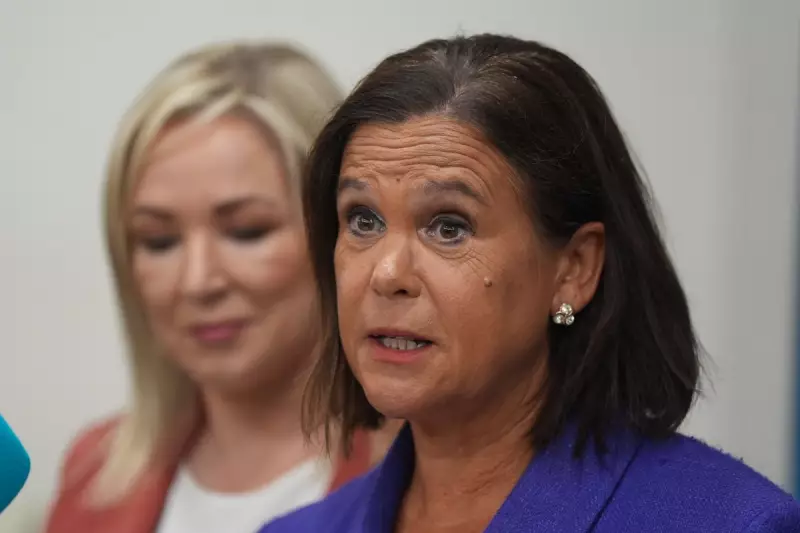
Cabinet minister Kemi Badenoch has ignited a political firestorm by suggesting the UK government could potentially ignore rulings from the European Court of Human Rights (ECHR) concerning Northern Ireland. The Business Secretary's controversial comments have drawn immediate condemnation from Sinn Féin and raised serious questions about the government's commitment to international legal obligations.
Constitutional Clash Over Human Rights
During a tense exchange on BBC's Sunday with Laura Kuenssberg, Ms Badenoch refused to rule out disregarding ECHR judgments specifically related to Northern Ireland. When pressed on whether the government would comply with such rulings, she stated: "It would depend on what the judgment was, I'm not going to give a blanket commitment."
The minister's stance represents a significant hardening of the government's position and comes amid ongoing tensions over the UK's relationship with European institutions post-Brexit.
Sinn Féin's Furious Response
Mary Lou McDonald, Sinn Féin president, delivered a scathing rebuke, accusing the Conservative minister of displaying "contempt for international law." Ms McDonald warned that any attempt to sidestep human rights protections would have devastating consequences.
"To even countenance such a move exposes the Tory government's contempt for international law and its obligations," the Sinn Féin leader stated. "Human rights are not pick-and-mix - they are fundamental protections that must be upheld without exception."
Shadow Cabinet Sounds Alarm
Labour's shadow Northern Ireland secretary Hilary Benn expressed profound concern about the implications of Ms Badenoch's remarks. He emphasised that adherence to international law shouldn't be treated as optional.
"The rule of law is fundamental to our democracy and international standing," Mr Benn asserted. "Suggesting we might cherry-pick which court judgments to obey undermines both the Good Friday Agreement and our global reputation."
Broader Implications for UK-EU Relations
This controversy emerges against the backdrop of the government's stalled Rwanda asylum plan, which has been repeatedly blocked by ECHR interventions. Ms Badenoch's comments suggest a broader strategy of challenging the court's authority across multiple policy areas.
The Business Secretary defended her position by arguing that Parliament should have the final say on matters affecting the UK, particularly when it comes to balancing human rights with other considerations such as border security.
Legal Experts Voice Concerns
Constitutional lawyers have warned that ignoring ECHR rulings could violate the UK's commitments under the Good Friday Agreement, which specifically incorporates the European Convention on Human Rights into Northern Ireland's legal framework.
This development threatens to further strain relations between London and Belfast while testing the limits of the UK's post-Brexit legal autonomy. The government now faces mounting pressure to clarify its position on international legal obligations as the controversy continues to escalate.





